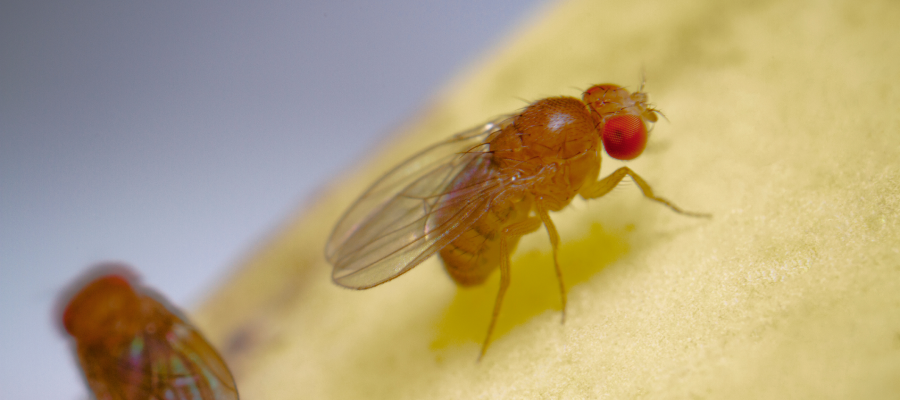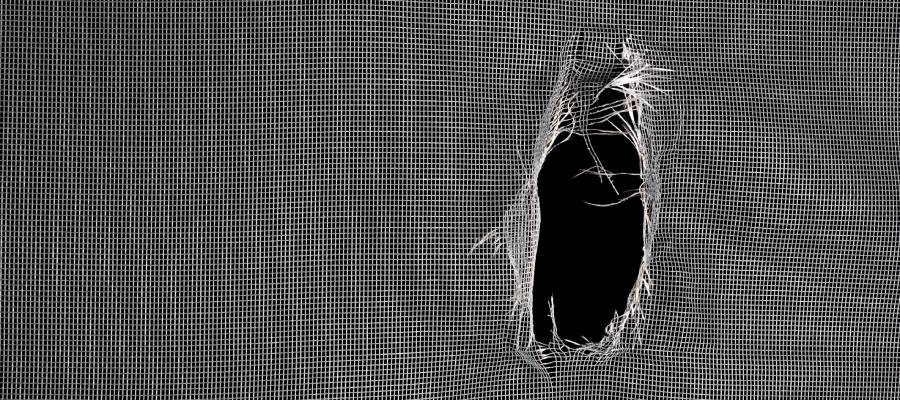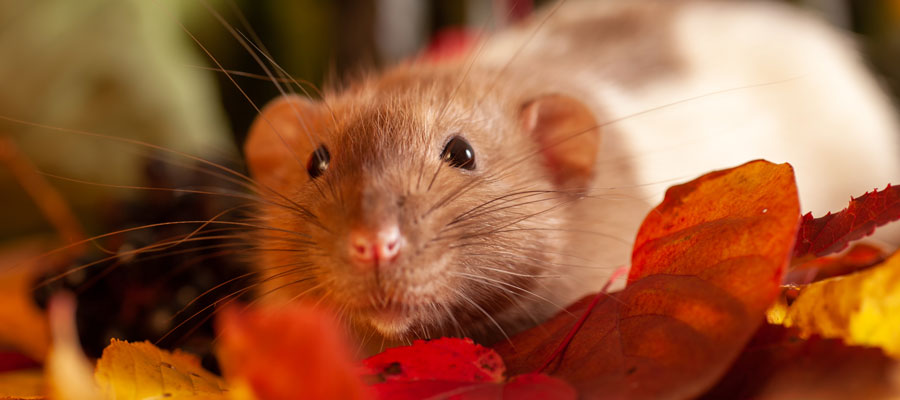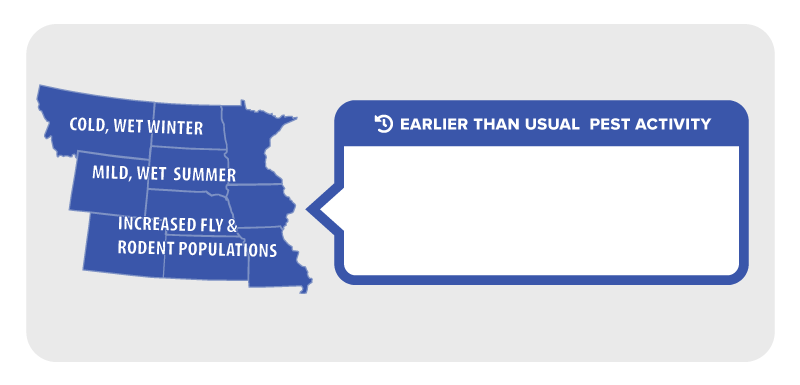Flies are typically seen as a common pest problem during the summer, but they can be a headache for Iowa homeowners in other parts of the year, too. No one likes to deal with flies inside their property. During the winter, their presence can be not only frustrating but confusing! This is because flies are actually one of the most common winter pests. To avoid having to deal with flies this time of year, the key is to know what’s drawing them indoors in the first place. The experts at Springer Professional Home Services are here to help—read on to learn all you need to know about winter flies!
Nuisance Flies in the Winter
There are two types of flies in particular that are a winter pest problem here in Iowa. They are:
- Fruit flies
- Tiny flies that are light in color with big red eyes
- Commonly found in kitchens or warm, moist areas like your trash or drains
- Lay eggs in rotting fruit, food, or plant material
- Often get indoors by hiding inside grocery bags
- Cluster flies
- Larger dark gray flies with yellow hairs on their thorax and overlapping wings
- Commonly found around windows, basements, or attics
- Group together in dark, secluded areas to go into diapause or hibernation
- Begin to re-emerge in the spring or on warmer days to regain heat and energy
Have a pest problem? We can help!
Preventing Winter Fly Infestations
Similar to many pests this time of year, fruit and cluster flies cannot survive the cold temperatures during the winter. While cluster flies won’t reproduce on your property, fruit fly infestations can quickly grow and become a nuisance. By preventing these pests in the first place, you will not have to deal with them later. Take the following steps to control winter flies:
- In the fall, it is imperative to seal off your home to keep cluster flies out. Do this by caulking cracks on the property. Sealing windows and doors is especially important, as these flies tend to enter homes under baseboards and window frames.
- In order to eliminate fruit flies, it’s best to eliminate their food and shelter sources. You should always throw away rotting food from your pantry or fridge. Take your garbage outside regularly and use tight-fitting lids on your cans. Lastly, focus on sealing cracks and crevices around windows and doors near your kitchen.
Get Rid of Flies in Your Iowa Home For Good
If you have a fly infestation on your property this winter, you should hire a local fly control expert. At Springer Professional Home Services, we work hard to eliminate the conditions that lead to fly infestations in your home. To learn more, contact us today!





